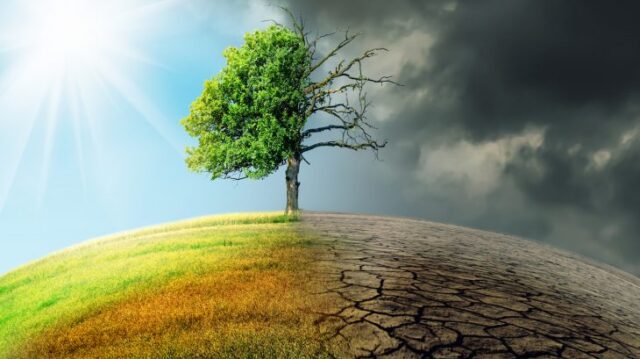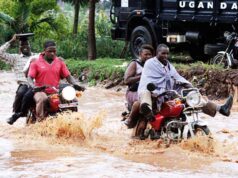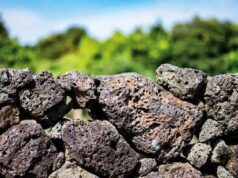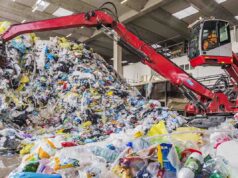
By Lynn Feliciah Mbeiza
The third stanza of the Uganda national anthem begins: “Oh Uganda the land that feeds us”, but do we hope that this will still make sense in years to come?
Climate change, due to interminable human activity, is having a lot of effect on food security in the country and we stand at a great risk if we do not stop endangering the environment.
The United Nations Framework Convention on Climate Change (UNFCCC) defines climate change as: “A change of climate which is attributed directly or indirectly to human activity that alters the composition of the global atmosphere and which is in addition to natural climate variability observed over comparable time periods.”
In the recent past, this has been a hot topic amongst environmental enthusiasts and farmers.
We have had Uganda’s climate change from largely tropical to an almost semi desert, at least this is what is taught in schools.
But what got us to this level? Won’t we starve in the next few years? And can’t we stop this before it is too late?
As a country, we still rely on natural weather to grow food but as the saying goes, “when change comes, embrace it”. We soon have to fully shift gears if we are still largely going to depend on agriculture.
Tropical climate
This type of climate is characterized by two seasons: a wet and dry season.
Temperatures in the tropical climate are relatively high, 18 degrees Celsius on average monthly. Most notably, it is in countries that possess the tropical rain forests like Mabira and Bwindi in Uganda, Amazon in Brazil and many forests in the Democratic Republic of Congo.
For years, we have witnessed our seasons change and at times, farmers are confused about when exactly to start planting.
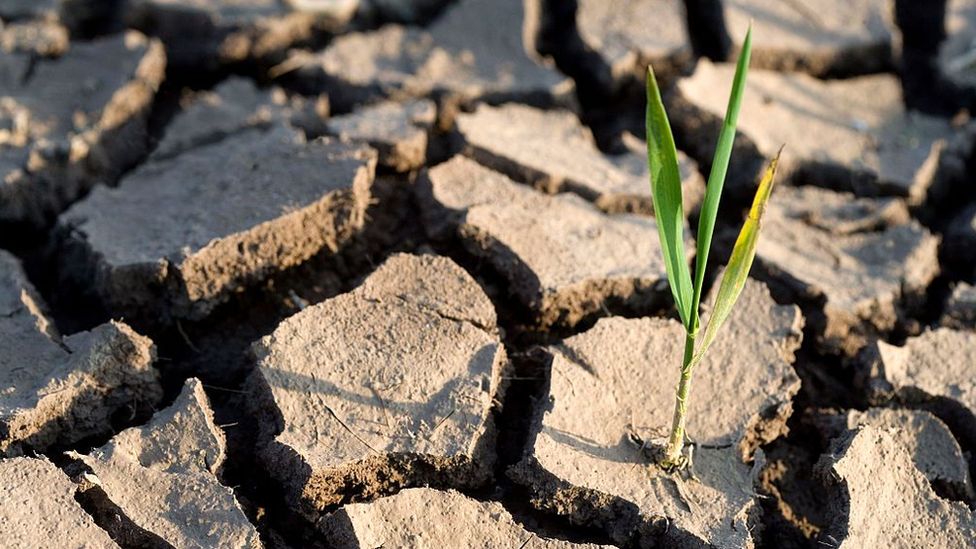
Why the change in climate?
As mentioned earlier, Uganda’s tropical climate is disappointingly getting worse. In fact, we are slowly pacing toward the semi desert kind of climate. This has not come naturally.
It is because we have put economy before climate. Trees have been cut down and swamps cleared in order to construct industries and commercial buildings.
Electricity and gas perhaps are so expensive that we cannot get a day-to-day meal without burning trees for charcoal or cut them down for firewood, the cheaper ways to cook.
We have become so intoxicated with industrialization that we cannot see trees without thinking about how to replace them with structures.
And when we build the industries, we do not take much care about the pollution they cause.
Besides industrial pollution, we go ahead to recklessly burn bushes yet all these things lead to global warming.
In simple terms, global warming is the destruction of the ozone layer. The ozone layer basically protects us from the ultra violet radiations from the sun.
When it is destroyed, the sun rays hit directly to the Earth, causing a very high rise in temperatures beyond the normal. This is why it is speculated that Uganda’s climate will be semi desert in no time, if the levels of deforestation and bush burning are not curbed down.
The ozone layer is destroyed by the dangerous gases released into the atmosphere, and with absence of forests and bushes that help filter these gases, we are in danger.
Effects on food supply
According to a report by World Food Programme (WFP), Impacts of Climate Change on Food Security, most people in Uganda have not made efforts to adapt to the impacts of climate change, and the main reason for not taking adaptation measures is not knowing how to.
It is unfortunate that those who do not make changes place themselves and their households at an increased risk to the impacts of climate change and food insecurity.
Since we largely rely on natural weather for food production, it becomes more difficult and very expensive for farmers to grow food when the climate is changing.
This means that in the long run, we risk starvation as a country because most farmers cannot afford irrigation systems especially during the prolonged dry season (due to global warming).
If farmers happen to afford the irrigation systems, food will be very expensive for the public to purchase and malnutrition will rise.
The quality of our food is bound to change with the climate and let us face it, Uganda will no longer be the land we pride in to feed us.
















